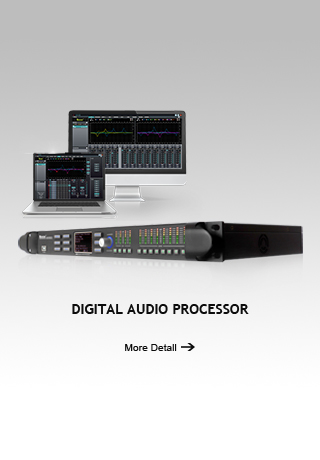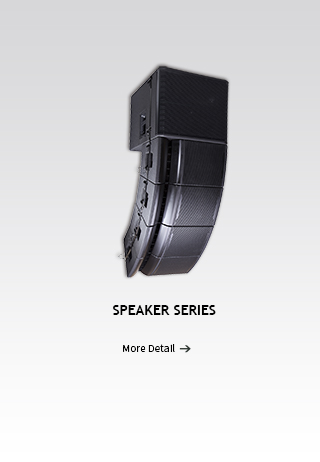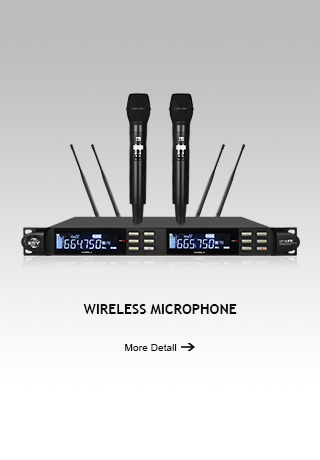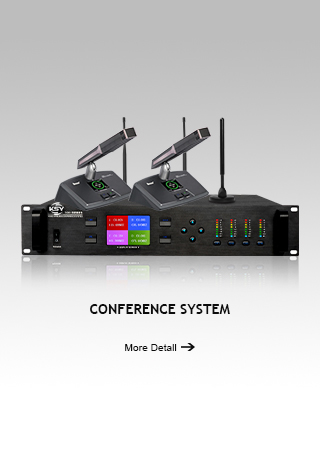What is digital audio processing?
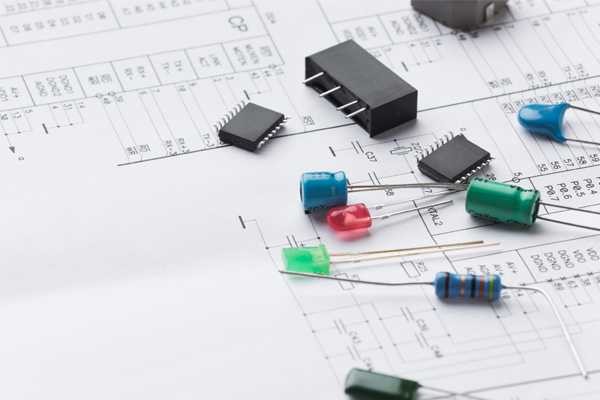
What is a DSP? Digital Signal Processors (DSP) take real-world signals like voice, audio, video, temperature, pressure, or position that have been digitized and then mathematically manipulate them. A DSP is designed for performing mathematical functions like "add", "subtract", "multiply" and "divide" very quickly.
What is an example of a DSP processor?
Generally, DSPs are dedicated integrated circuits; however DSP functionality can also be produced by using field-programmable gate array chips (FPGAs). Embedded general-purpose RISC processors are becoming increasingly DSP like in functionality. For example, the OMAP3 processors include an ARM Cortex-A8 and C6000 DSP.
What does DSP mean?
Digital signal processing (DSP) refers to various techniques for improving the accuracy and reliability of digital communications. This can involve multiple mathematical operations such as compression, decompression, filtering, equalization, modulation and demodulation to generate a signal of superior quality.
Does DSP improve sound quality?
One of the most significant advantages of DSP car audio systems is their improved sound quality. Through precise equalization adjustments, distortion and audio system limitations can be reduced, resulting in clear, detailed, and balanced audio reproduction.
©2024 Enping City Dongming Trading Co. Ltd copyright.


